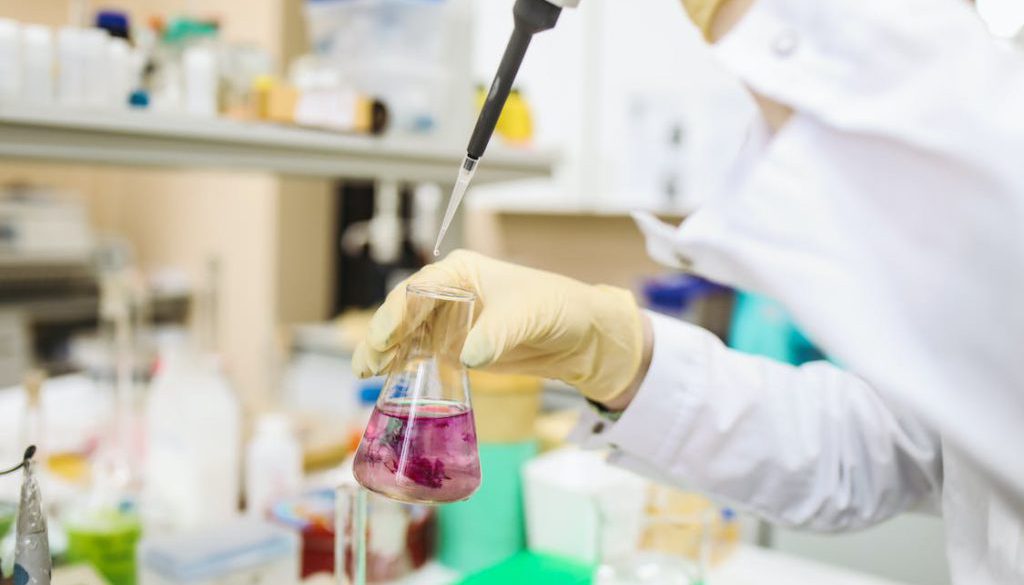Chemistry, often called the “central science,” intertwines with our daily lives in countless ways, from the food we eat to the air we breathe. Let’s embark on a captivating journey to decode the mysteries of chemistry, an art that has shaped our world in intriguing ways.
Chemistry – Definition and Significance
At its core, chemistry is the study of matter and its transformations. It provides insights into the composition, structure, properties, and changes of substances. With its roots deeply embedded in our history, it has become the bridge between the microscopic world of atoms and the vast universe of materials.
Discovery of Elements and the Periodic Table
The periodic table is a testament to human curiosity and the drive to understand our universe. Charting the elements, from Hydrogen to heavier ones, it offers a snapshot of the building blocks of matter. Each element tells its own story, with its unique set of properties and uses.
Atomic Structure and Molecule Formation
Atoms, the smallest unit of elements, comprise protons, neutrons, and electrons. Their interaction forms molecules, with chemical bonds acting as the glue. Take water, for instance: two Hydrogen atoms bonding with an Oxygen atom result in a molecule that’s essential for life.
Chemical Reactions and Compound Creation
From the rusting of iron to the photosynthesis in plants, chemical reactions define the world around us. Atoms and molecules interact, reconfigure, and form new compounds, revealing the dynamic dance of matter that occurs every second.
Diverse Branches of Chemistry
Biochemistry
This field delves into the chemical processes within living organisms, answering questions about life at the molecular level.
Organic Chemistry
Study of carbon compounds and their multifaceted roles in various materials and life forms.
Inorganic Chemistry
This branch explores compounds devoid of carbon-hydrogen bonds, emphasizing metals and minerals.
Physical Chemistry
A blend of physics and chemistry, it seeks to understand the principles underlying chemical reactions.
Analytical Chemistry
Focuses on identifying and quantifying matter, often employed in quality control and research.
Environmental Chemistry
Examines the chemical processes in the environment and their impact on ecosystems.
Chemical Fun Facts
Nobel Prize Honorees in Chemistry
From Marie Curie’s work on radioactivity to the discovery of CRISPR gene-editing technology, the Nobel Prize in Chemistry has recognized revolutionary breakthroughs.
Famous Chemists and Their Contributions
Dmitri Mendeleev, known for his periodic table, and Rosalind Franklin, crucial to understanding DNA’s structure, are just two of many chemists who’ve shaped our understanding.
History of Chemistry and Its Key Discoveries
From ancient alchemy’s quest to turn base metals into gold to modern chemistry’s endeavors in creating sustainable materials, the history of chemistry is rich with breakthroughs and innovations.
Conclusion
Chemistry is more than just formulas and lab experiments; it’s a vibrant field that narrates the universe’s tales. It helps us understand the very fabric of our existence and challenges us to innovate for a brighter tomorrow. As you sip your next glass of water or marvel at a blooming flower, remember the chemical stories behind them and the endless possibilities chemistry offers.




